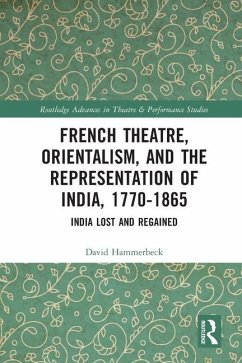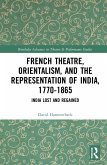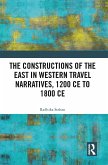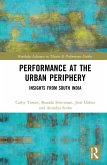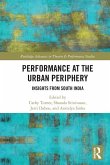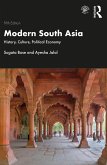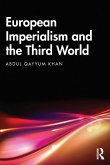This book examines the French theatricalization of India from 1770 to 1865 and how a range of plays not only represented India to the French viewing public but also staged issues within French culture including colonialism, imperialism, race, gender, and national politics.
Through examining these texts and available performance history, and incorporating historical texts and cultural theory, David Hammerback analyses these works to illustrate a complex of cultural representations: some contested Orientalism, some participated in Western colonialist discourses, while some can be placed somewhere between these two markers of ideology in Western culture and the arts. He also assesses the works which participated in shaping the theatrical face of Western hegemony, ones directly participating in Orientalism as delineated by Edward Said and others.
This book will be of great interest to students and scholars in theatre, French literature, history and cultural studies.
Through examining these texts and available performance history, and incorporating historical texts and cultural theory, David Hammerback analyses these works to illustrate a complex of cultural representations: some contested Orientalism, some participated in Western colonialist discourses, while some can be placed somewhere between these two markers of ideology in Western culture and the arts. He also assesses the works which participated in shaping the theatrical face of Western hegemony, ones directly participating in Orientalism as delineated by Edward Said and others.
This book will be of great interest to students and scholars in theatre, French literature, history and cultural studies.

